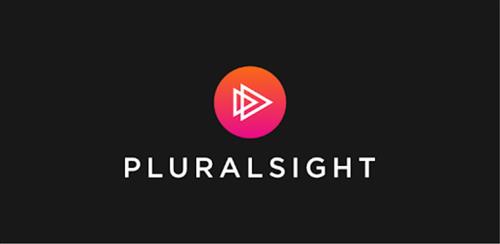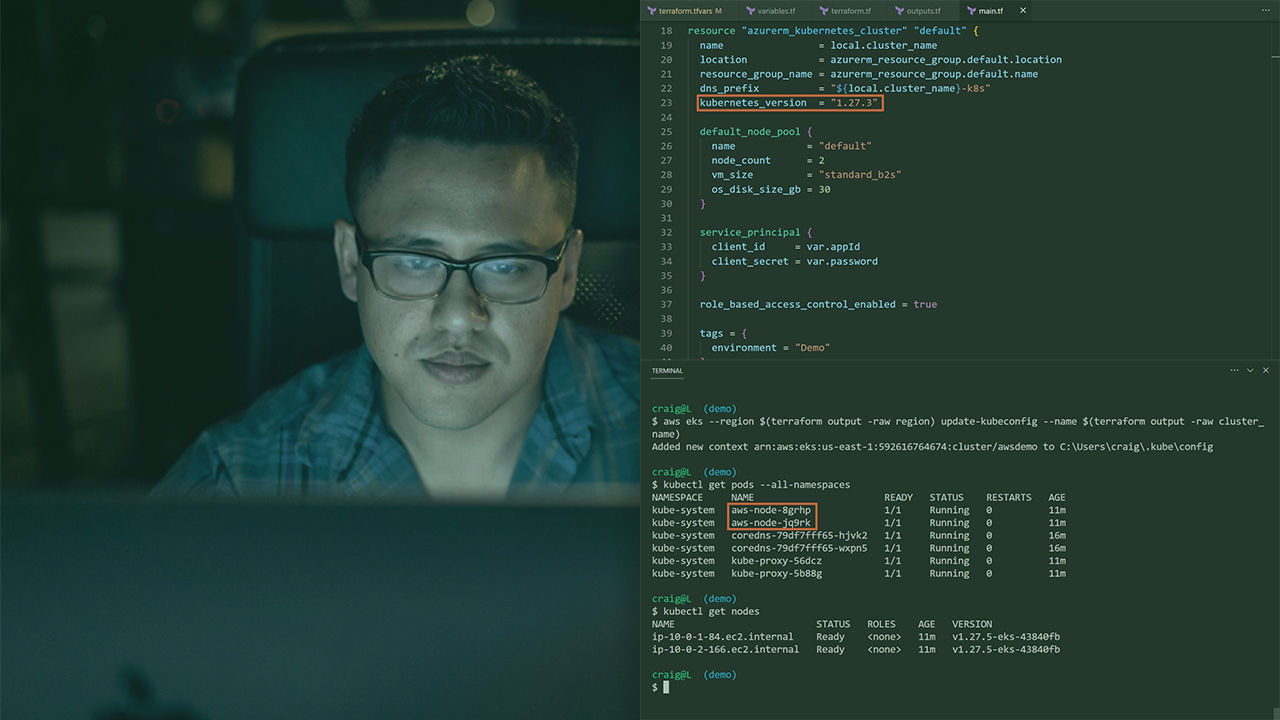
Free Download Kubernetes for Developers Moving to the Cloud
Released 10/2023
MP4 | Video: h264, 1280x720 | Audio: AAC, 44.1 KHz, 2 Ch
Level: Intermediate | Genre: eLearning | Language: English + vtt | Duration: 1h 24m | Size: 209 MB
Running Kubernetes in the Cloud presents additional opportunities and challenges. Being aware of available innovations and best practices can help you evaluate your options and make a more informed decision as you move to the cloud.
Running your Kubernetes application on a managed service in the cloud can simplify operations, reduce ongoing maintenance costs, and improve performance and stability. In this course, Kubernetes for Developers: Moving to the Cloud, you will gain the ability to deploy a basic application on a managed Kubernetes cluster in the cloud. First, you will learn about the tools available to you in the cloud including container repositories, cloud native approaches, and options for automation. Next, you will discover how to create a Kubernetes cluster in a managed cloud service. Finally, you will explore how to update your application and manage ongoing cluster maintenance. When you are finished with this course, you will have the skills and knowledge to deploy and update a basic Kubernetes app on the following major cloud providers: AWS (EKS), Azure (AKS), and Google Cloud (GKE).
Homepage
Recommend Download Link Hight Speed | Please Say Thanks Keep Topic Live
No Password - Links are Interchangeable







